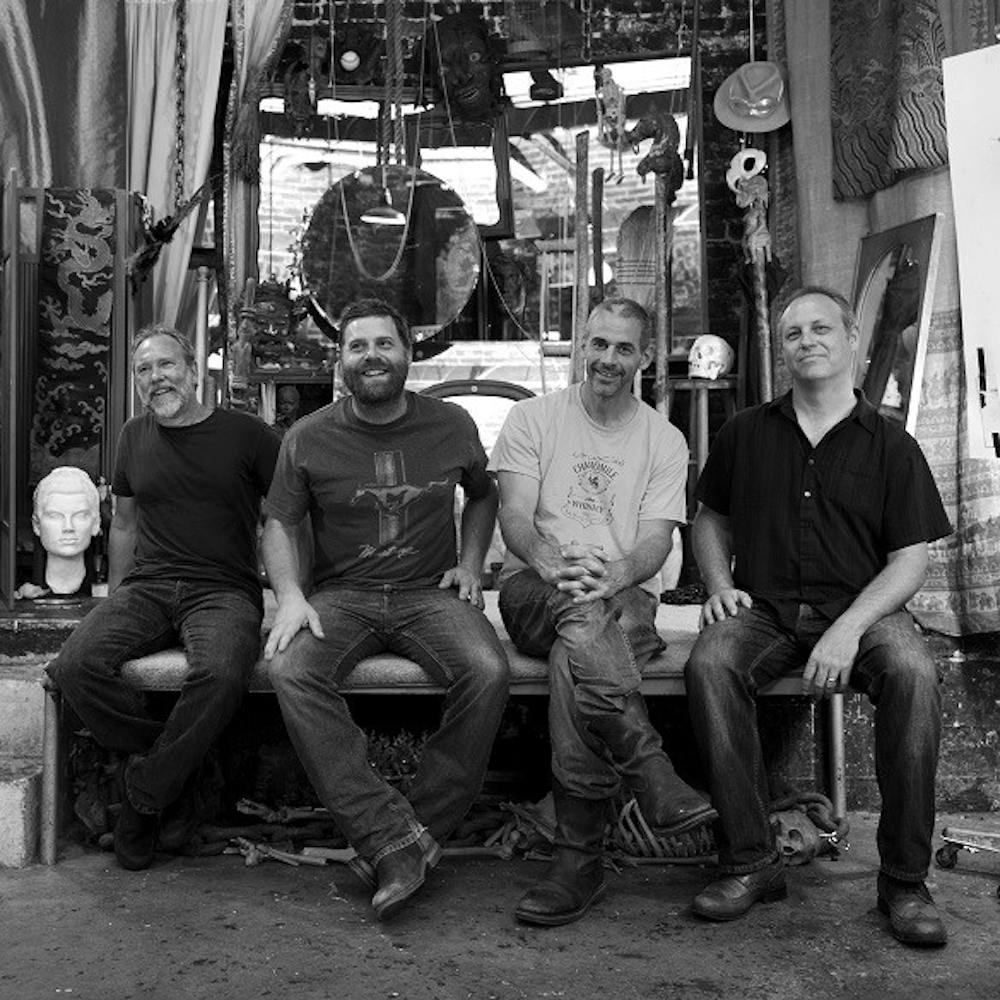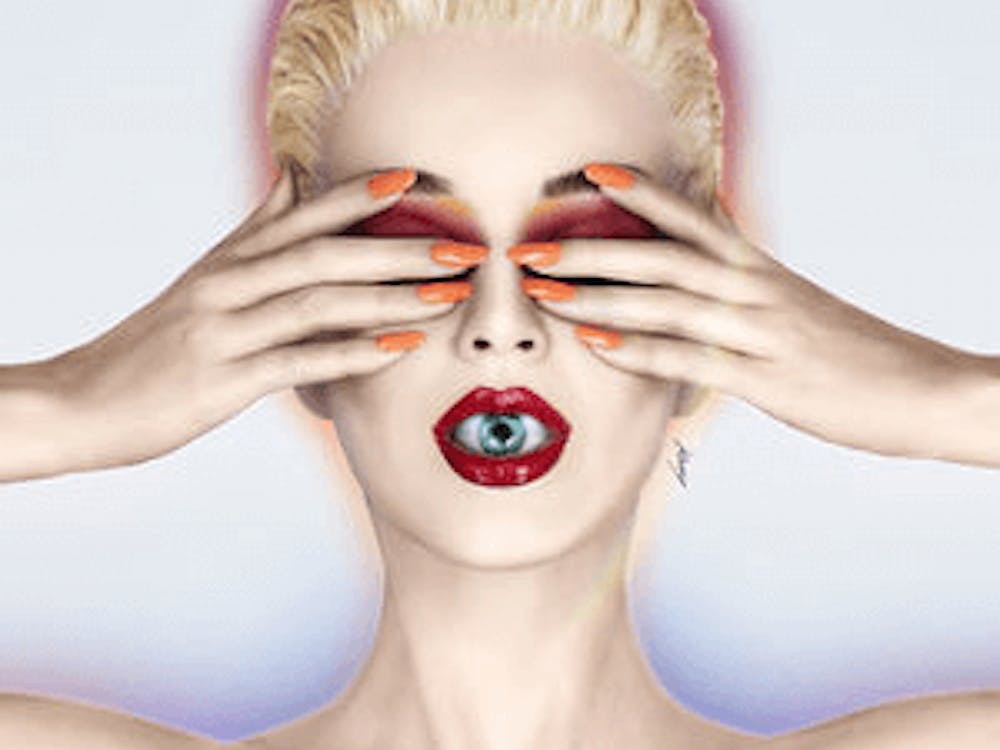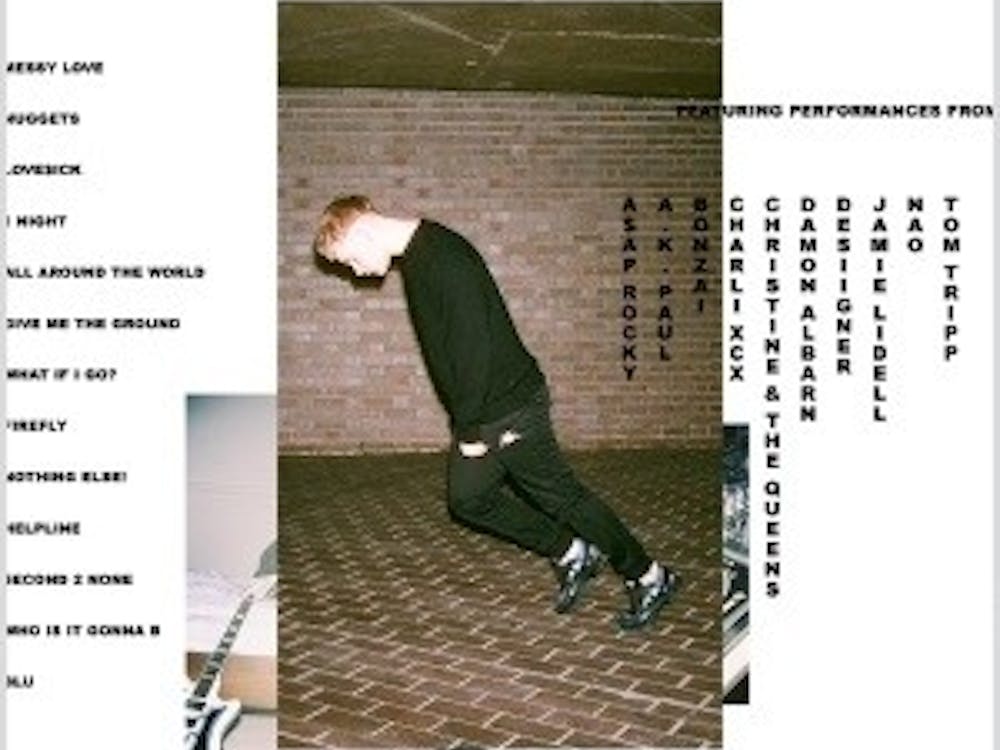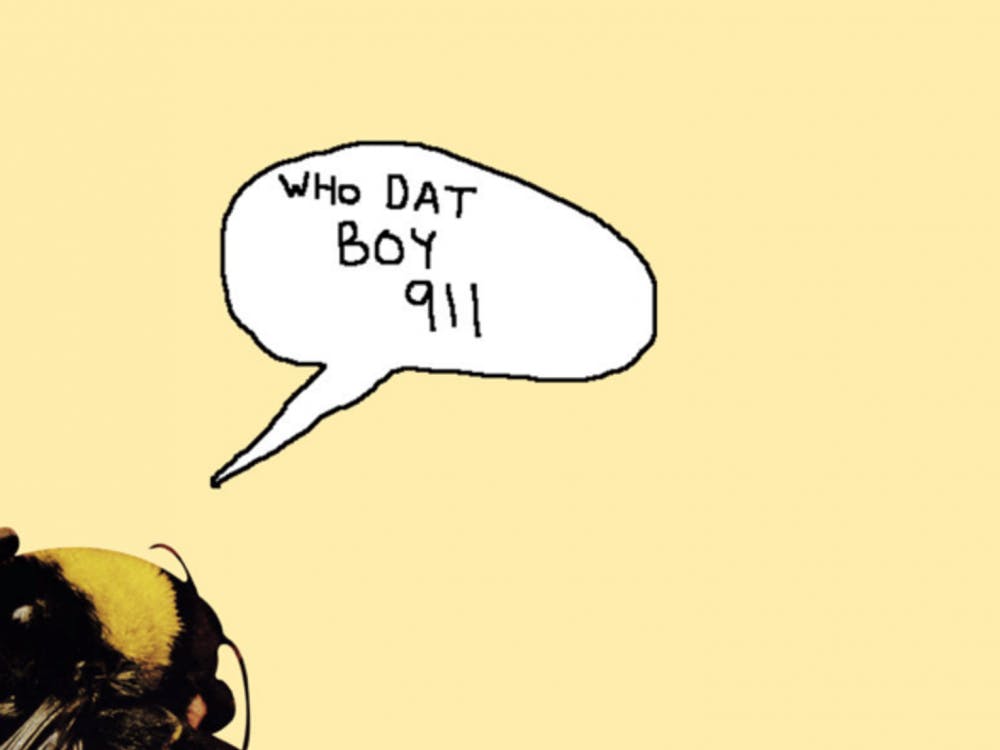Charlottesville singer-songwriter Peyton Tochterman returned to The Southern Oct. 25 with his band, Man on a Horse, after his stint as an American cultural ambassador to Afghanistan where he spread goodwill through Americana folk music. Arts & Entertainment sat down with the talented local to discuss his overseas experience.
Arts & Entertainment: What are you most excited about in returning to a Charlottesville stage? Is there more pressure here than when you’re in another area, or do you feel more relaxed onstage?
Peyton Tochterman: I have been doing this for a while now, and I still get a little nervous when I walk on stage. But that’s the fun part, … the pressure is everywhere because this is how I put food on my table. But I love playing Charlottesville. This town has been really good to me. U.Va has been really good to me. This is a GREAT place to live and be based out of…I am doing a special deal for the Southern Show. If you order advance tickets or you present a U.Va ID at the show, you will get my entire back catalog for just the price of the ticket.
A&E: You’ve stated that you don’t think artists are discovered in bars anymore. What makes you believe this, considering your career started in the Charlottesville bar scene?
PT: … Not that long ago, record labels and management companies … would discover these people in bars or wherever and sign them and give them an advance and help develop them. That doesn’t happen much anymore. You have to go out on your own and somehow afford to build a national audience on your own. … No labels are investing in ground floor artists because they have figured out people will buy what is put in front of them. … It makes perfect business sense. But it makes no artistic sense. That’s why there are nine-year olds like Bieber running the show.
A&E: Your music has been called wholly “Virginian.” What do you think makes it Virginian rather than Appalachian or Americana?

PT: Because I use words like “‘merica” rather than America. And I say “wooter” rather than water. “Toosdee” rather than Tuesday. … I just feel that there is a lot that comes from being Virginian in my lyrics. … We are so rich in tradition. … I wouldn’t say our music is roots music. I would just say it stems heavily from the study and appreciation of American and specifically Southern roots music. Our sound is basically what we learned from those guys and tossed into our pot and cooked it up.
A&E: Can you tell us exactly what your job was overseas and how you executed it?
PT: Sure. This is an excerpt from my journal while I was over there. It pretty much sums it up.
… The U.S. State Department invited us here as “cultural ambassadors.” What I didn’t know until we arrived was that I was THE spokesman, representing the United States and showing how diplomacy can be shaped by the musical arts — even in war-ravaged Afghanistan.
… We have already met thousands of Afghans and found them to be kind, generous, hospitable, talented and honorable. They take great pride in their heritage and culture, but they also have a thirst for American folk music, for the stories we tell, our instruments and the way we play.
… One of the State Department officers … said our visit did “more for diplomacy between Afghanistan and the United States than any diplomat had done, more than any road that was built or any power plant that was constructed in the last year.”
If nothing else, we are returning home reassured that music really is a universal language which can unite diverse peoples. … We are all connected through music and we must continue to celebrate this connection, this language which is so important not just to our own culture, but also to cultures around the world.
A&E: Do you think your mission was successful?
PT: Well, here is another excerpt from my journal. It answers the question.
… Some Afghan men arrived by foot and presented their invitation to the guards. And then off in the distance I saw a dust cloud and in the midst of it, dozens of blue burqas scuttling down the side of the road. Surely, Afghan women, covered from head to toe ... couldn’t be coming to this concert.
… When we came on-stage, I immediately searched for the blue burqas. They are frightening and beautiful all at the same time — much like Afghanistan itself. … I noticed way in the back right corner, about 50 women in Western dress, smiling and intently listening to our songs and watching us on stage. … The women had taken off their blue burqas. They were at a Western concert, surrounded by accepting Afghan men. … They were taking a chance, a risk, but they were here to listen to American music, eyes glowing, faces showing, like everyone else in the room: equal.







